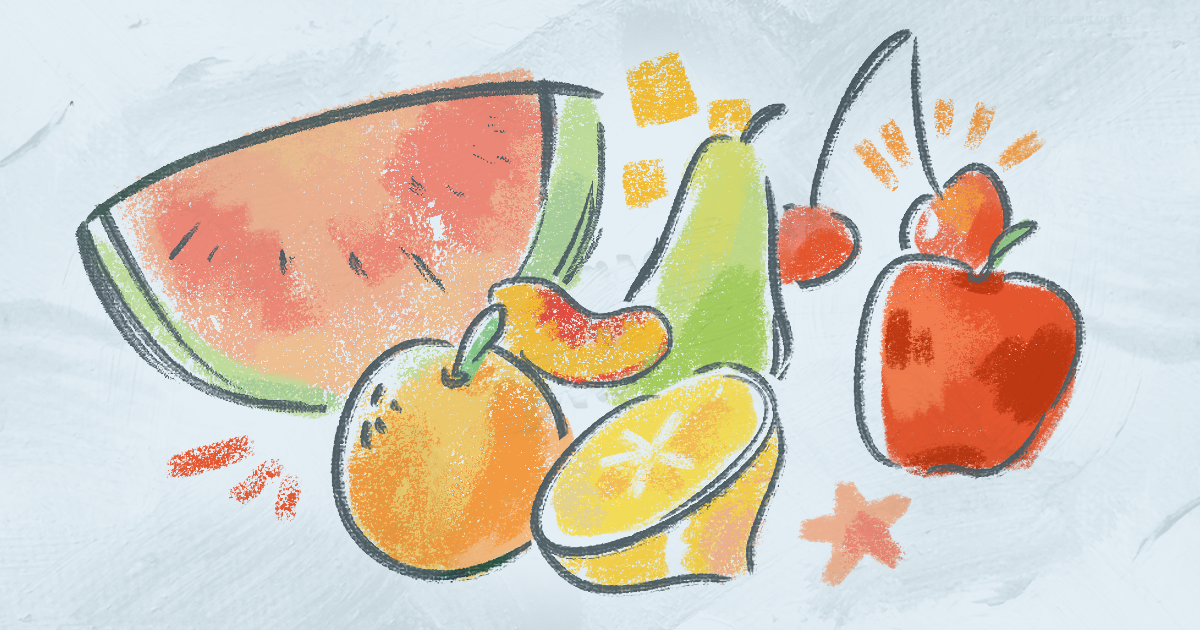Life
THE ELEPHANT IN THE ROOM | An Alternative to Paying for Textbooks at Cornell
|
Here is a secret I have never shared with anyone: I haven’t paid for textbooks since sophomore year. I’m a senior this year. If you are taking four or five classes a semester, it’s more than likely that each of those classes has at least three required books. With the cost of textbooks ranging from $20 to $200, the bill for books alone piles up. After getting fed up with paying up to $500 a semester for books I never used again after the semester was over, I devised a plan on how I could spend as little as possible on books.









